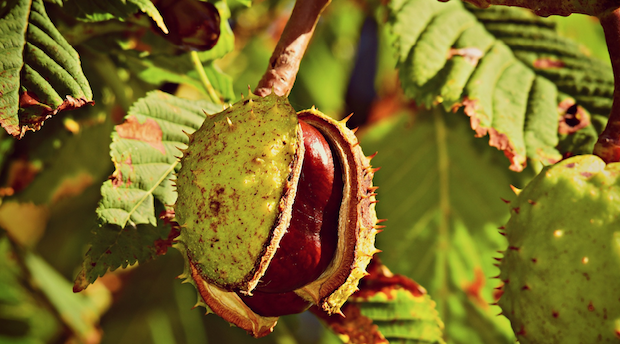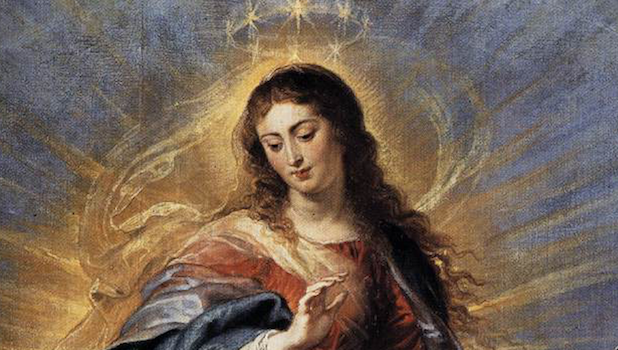
Welcome to Verbum’s new series on sacred poetry. Each week for the next several months, we’re featuring entries from respected poets on divine subjects.
We’ll begin by looking at a poem from Jesuit priest Gerard Manley Hopkins (1844–1889).
Born into an Anglican family, Hopkins converted to Catholicism in college and faced subsequent rejection from his family. When he decided to become a priest, he threw out all of his poetry and didn’t begin writing again for many years. Hopkins’ poetry was published posthumously, and literary critics praised his refreshing, inventive style.
Today’s poem is “God’s Grandeur.” Read the poem out loud to get the best sense of it.
God’s Grandeur
by Gerard Manley Hopkins, S.J.
The world is charged with the grandeur of God.
It will flame out, like shining from shook foil;
It gathers to a greatness, like the ooze of oil
Crushed. Why do men then now not reck his rod?
Generations have trod, have trod, have trod;
And all is seared with trade; bleared, smeared with toil;
And wears man’s smudge and shares man’s smell: the soil
Is bare now, nor can foot feel, being shod.
And for all this, nature is never spent;
There lives the dearest freshness deep down things;
And though the last lights off the black West went
Oh, morning, at the brown brink eastward, springs —
Because the Holy Ghost over the bent
World broods with warm breast and with ah! bright wings.
Discussion questions
- The word “world” is used in both the first and last line, but it appears as the subject in the first line and the object in the last line. How is the world described differently in each line?
- The mood of the poem changes a few times to reflect different subjects. Where do you hear the mood changes? Who or what is the focus of each section (broken down by moods)?
- How does Hopkins describe humanity? How does nature stand in contrast to the ceaseless, unfeeling generations of humanity?
Read more poetry from Gerard Manley Hopkins in the book Hopkins, available in Verbum.





